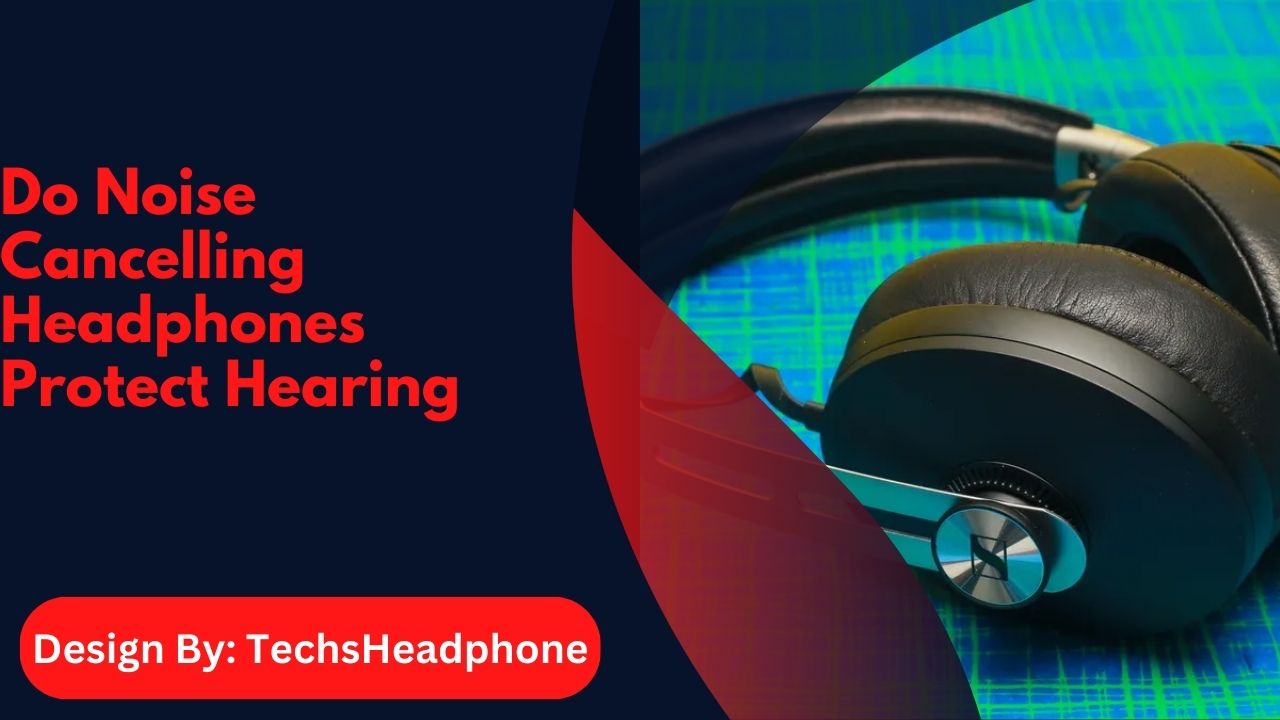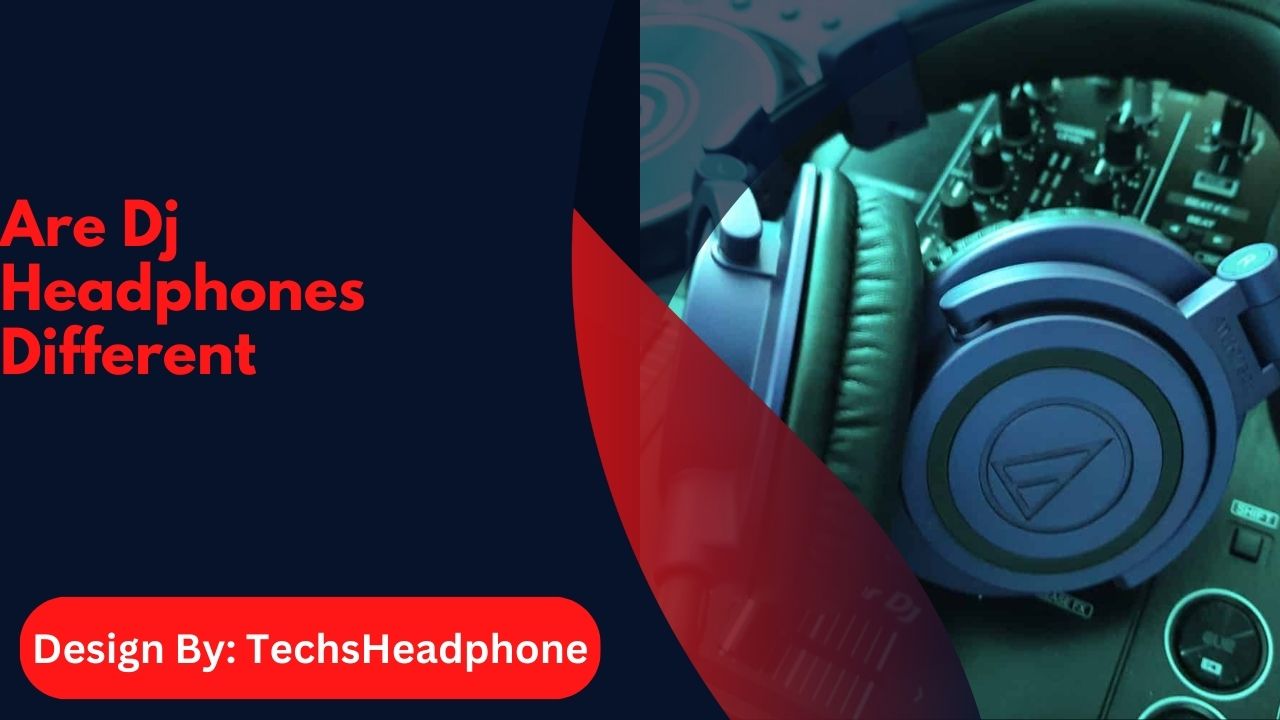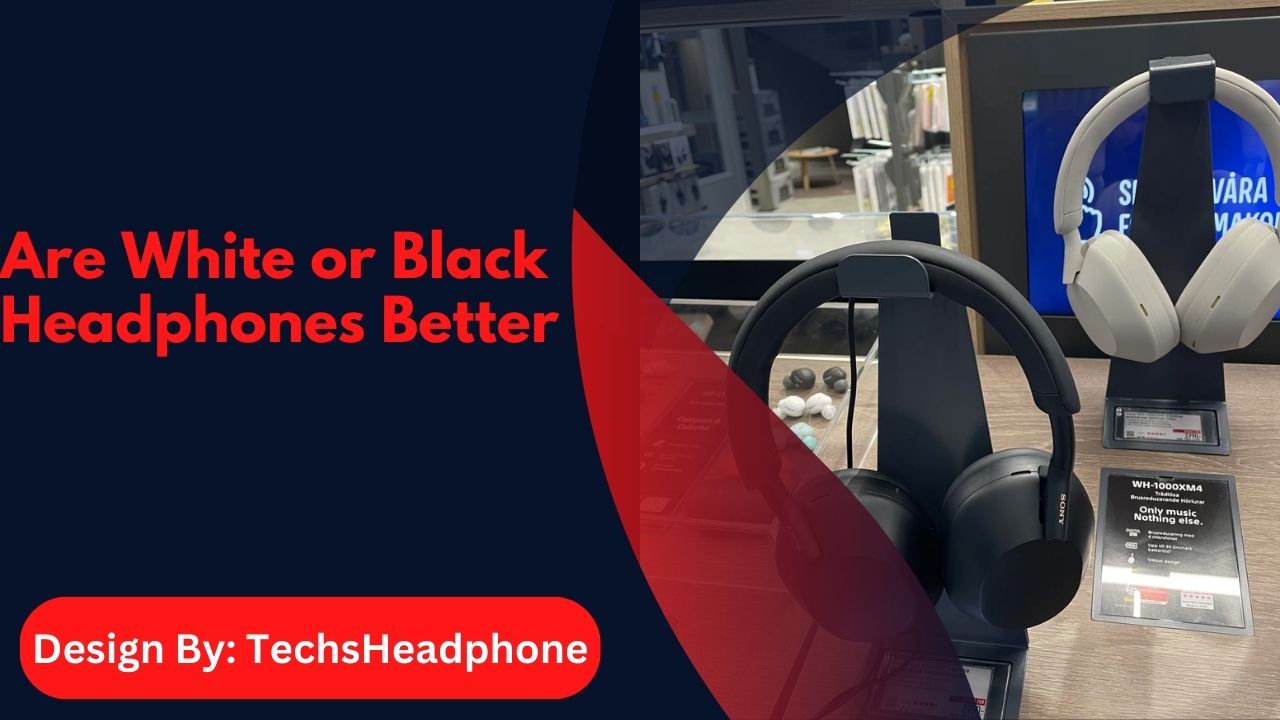Noise cancelling headphones protect hearing by allowing users to listen to audio at lower volumes and reducing exposure to harmful ambient noise.
Introduction:
Noise cancelling headphones have become increasingly popular among consumers seeking an immersive audio experience and a way to block out unwanted noise. Beyond their audio quality and convenience, there is growing interest in understanding whether these headphones can also protect hearing. This article explores the functionality of noise cancelling headphones, their benefits, and their role in hearing protection.
How Noise Cancelling Technology Works:
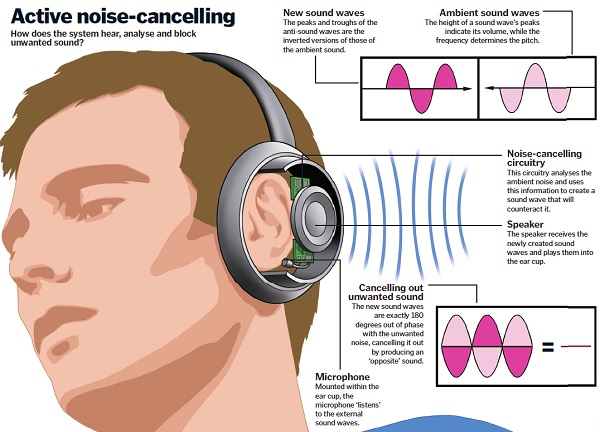
Noise cancelling headphones use advanced technology to reduce unwanted ambient sounds. They employ microphones to pick up external noises and generate inverse sound waves that cancel out the noise. There are two types of noise cancellation: passive and active. Passive noise cancellation uses the physical design of the headphones to block sound, while active noise cancellation (ANC) uses electronic processing to negate ambient noise.
Benefits of Noise Cancelling Headphones:
Improved Audio Quality:
Noise cancelling headphones enhance the listening experience by reducing background noise, allowing users to enjoy their music, podcasts, or calls without needing to increase the volume excessively. This results in a clearer and more detailed audio experience, making them ideal for audiophiles and casual listeners alike.
Focus and Concentration:
By eliminating distractions, these headphones help users concentrate better in noisy environments, making them ideal for studying, working, or traveling. This enhanced focus can lead to improved productivity and a more enjoyable and efficient work or study session.
Reduced Stress and Fatigue:
Constant exposure to noise can be stressful and tiring. Noise cancelling headphones create a quieter environment, reducing stress and fatigue, especially during long commutes or flights. This can lead to a more relaxed and comfortable experience, contributing to overall well-being.
Noise Cancelling Headphones and Hearing Protection:
Lower Volume Levels:
One of the key ways noise cancelling headphones protect hearing is by allowing users to listen to audio at lower volumes. In noisy environments, people often increase the volume to drown out background noise, which can damage hearing over time. By reducing ambient noise, these headphones enable a safer listening experience at lower volumes.
Prevention of Noise-Induced Hearing Loss:
Prolonged exposure to loud noises can lead to noise-induced hearing loss (NIHL). Noise cancelling headphones can help mitigate this risk by reducing the need for high volume levels and providing a quieter auditory environment, thus protecting the ears from potential damage.
Also read: Bose Headphone Mic not Working – A Comprehensive Guide!
Reduced Exposure to Harmful Sounds:
In certain environments, such as airplanes or busy city streets, background noise can reach harmful levels. Noise cancelling headphones can significantly reduce exposure to these harmful sounds, providing an additional layer of hearing protection and contributing to long-term hearing health.
Choosing the Right Noise Cancelling Headphones:
Fit and Comfort:
For effective noise cancellation and hearing protection, it is crucial to choose headphones that fit well and are comfortable to wear for extended periods. Over-ear headphones generally offer better passive noise cancellation and comfort compared to in-ear models, ensuring a better overall experience.
Quality of Active Noise Cancellation:
Not all ANC headphones are created equal. Look for models with high-quality ANC that effectively cancels a wide range of frequencies. Reading reviews and trying out different models can help you find the best option, ensuring you get the most out of your investment in noise cancelling technology.
Battery Life:
Active noise cancellation requires power, so consider the battery life of the headphones, especially if you plan to use them for long periods without access to charging. A longer battery life ensures uninterrupted use, particularly during long trips or busy workdays.
Limitations and Considerations:
Awareness of Surroundings:
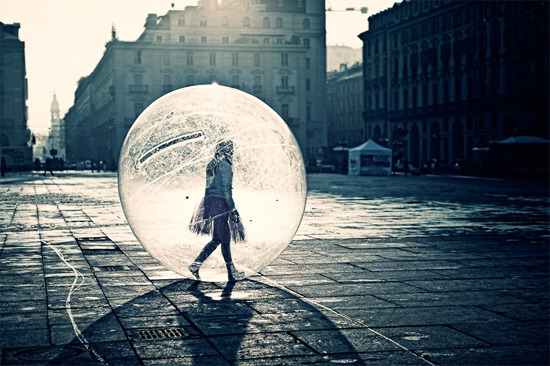
While noise cancelling headphones can protect hearing by reducing the need for high volume, they also block out important sounds in the environment, such as traffic or emergency signals. It is essential to remain aware of your surroundings, especially when using these headphones outdoors, to ensure personal safety.
Not a Cure-All for Hearing Protection:
Noise cancelling headphones are not a substitute for hearing protection in extremely loud environments, such as construction sites or concerts. In such cases, specialized hearing protection devices are necessary. Relying solely on noise cancelling headphones in these situations could still result in hearing damage.
FAQ’s:
1. How do noise cancelling headphones work?
Noise cancelling headphones use microphones to pick up external noises and generate inverse sound waves that cancel out the noise.
2. What are the benefits of noise cancelling headphones?
They provide improved audio quality, enhanced focus and concentration, and reduced stress and fatigue by blocking out background noise.
3. Can noise cancelling headphones protect hearing?
Yes, they can protect hearing by allowing users to listen at lower volumes and reducing exposure to harmful ambient sounds.
4. What is the difference between passive and active noise cancellation?
Passive noise cancellation uses the physical design of headphones to block sound, while active noise cancellation (ANC) uses electronic processing to negate ambient noise.
5. Do noise cancelling headphones help prevent noise-induced hearing loss?
Yes, by enabling lower volume levels and providing a quieter listening environment, they help mitigate the risk of noise-induced hearing loss.
6. What should I consider when choosing noise cancelling headphones?
Consider fit and comfort, quality of active noise cancellation, and battery life to ensure effective noise reduction and prolonged use.
7. Are noise cancelling headphones suitable for extremely loud environments?
No, they are not a substitute for specialized hearing protection devices in extremely loud environments like construction sites or concerts.
8. Do noise cancelling headphones affect awareness of surroundings?
Yes, they can block important sounds such as traffic or emergency signals, so it’s important to remain aware of your surroundings, especially outdoors.
Conclusion:
Noise cancelling headphones offer significant benefits, including improved audio quality, better concentration, and reduced stress. Most importantly, they can protect hearing by allowing users to listen to audio at safer volume levels and reducing exposure to harmful noises. However, it is crucial to use them responsibly and remain aware of the surroundings, especially in potentially dangerous situations. By choosing the right pair and using them appropriately, noise cancelling headphones can be a valuable tool in preserving hearing health.
